an elevated hdl is considered a
:max_bytes(150000):strip_icc()/what-causes-low-hdl-cholesterol-levels-698078_redraw_color1-5c454ef6c9e77c0001b2ffa9.png) What Causes Low HDL Cholesterol Levels?
What Causes Low HDL Cholesterol Levels?Can my HDL be too high? Many people think of cholesterol as something that should be as low as possible. After all, high cholesterol is a well-documented risk factor for heart disease. Tens of millions of Americans take drugs that lower cholesterol or should take them, according to . However, levels are more complicated than that. High-density lipoprotein cholesterol (HDL), often known as "good" cholesterol, is actually beneficial to the heart. In this article, we examine whether HDL cholesterol can be too high or not. We also take a look at healthy levels, and what can happen if HDL falls out of this range. There are two main types of cholesterol in the body, and only one of them is generally considered a risk to the health of the heart. Low-density lipoprotein cholesterol (LDL) contributes to the accumulation of fat that can block the arteries. When this accumulation obstructs or narrows the arteries, or is more likely to occur. With LDL cholesterol, lower is better. HDL cholesterol is useful for the heart. HDL cholesterol can remove LDL cholesterol from the blood and transport it to the liver, where it can be processed and removed. A higher HDL number is desirable because it usually indicates a lower risk of . If HDL protects the heart, should it be as high as possible? The answer may depend on several factors. Most people will find that their HDL cholesterol does not go up to levels that are considered to be "too high." Although no higher limit has been established, HDL cholesterol does not naturally elevate to high unhealthy levels in people with normal cholesterol processing and metabolism. In rare cases, however, HDL cholesterol can become too high. in Science magazine discusses a rare genetic variant that can cause exceptionally high HDL levels. The genetic variant alters the way HDL works in the body, and can increase the risk of heart disease. The variant is found in a specific molecule known as SR-BI. The mutation in the SR-BI causes increases in HDL levels and increased risk of heart disease. The people studied had HDL levels above 95 milligrams per deciliter (mg/dL). These levels are abnormally high. Researchers found that some of the people in their study had this rare genetic defect. He discovered that people who recently had a heart attack and who have high HDL levels and high levels of a substance called C reactive protein were at greater risk of having another heart event. The C-reactive protein is produced by the liver when it occurs in the body. In the Circulation it was found that a defect in a specific protein known as cholesterol steer transfer protein (CETP) can also cause abnormally high HDL levels and a higher risk of heart disease. The study was large but only looked at the Caucasians. He found that the CETP defect increased the risk of heart disease in women but not in men. In addition, cholesterol balance can be an important factor to consider, according to a review in . A study mentioned in this test analyzes a large group of men and women who had varying HDL levels. They found that those with high or low HDL levels "extreme" had a higher risk of death than those with more moderate levels. The best levels, according to this study, are 73 mg/dL in men and 93 mg/dL in women. The American Heart Association (AHA) recommends that all people over 20 years of age get at least one cholesterol test. On the other hand, the United States Preventive Services Task Force recommends the detection of cholesterol disorders from the age of 20 if . However, they are not just adults who are being checked by high cholesterol today. The American Academy of Pediatrics (AAP) recommends that all children receive a cholesterol test. AAP says that this recommendation is due to growing childhood in the United States. Children with risk factors, such as the family history of high cholesterol, should be tested between 2 and 10 years. Cholesterol tests measure the amount of cholesterol in mg/dL. Most tests show HDL, LDL, and total cholesterol (sound). Total cholesterol score is a person's HDL and LDL cholesterol levels and 20% of their triglyceride level added together. The AHA no longer publishes specific cholesterol ranges and says that these numbers are not the final word about heart disease risk. Instead, cholesterol levels are only one of many factors to consider. A range of "desirable" cholesterol, says AHA, may vary from one person to the next. What is desirable will depend on other elements such as triglycerides, other existing health conditions, lifestyle and family history of heart disease. For an idea where cholesterol numbers should be, they have published the following cholesterol guidelines. These numbers should be discussed with a doctor to determine the total risk of heart disease. Total cholesterol level CategoryMore than 200 mg/dLDesirable200-239 mg/dLBorderin high240 mg/dL and highest level of high cholesterolLDCategoryLeasts of 100 mg/dLOptimal100-129 mg/dL Optimal breasts - over optimal130-159 mg/dLBorderin high160-189 mg/dLHigh190 mg/dLegory LThe higher The state of AHA that heart disease represents in the US More than 30 million Americans have cholesterol levels that are too high (up 240 mg/dL), . More than 73 million have high LDL levels, and less than one third of them are taking steps to reduce it. Knowing the cholesterol level and taking measures to reach or maintain ideal levels are the best ways to ensure that HDL and LDL levels are healthy. Other risk factors for heart disease, such as age, weight, diet and activity level, and lifestyle factors, should also be considered. To reach healthy cholesterol levels, experts recommend: If HDL levels are abnormally high (more than 90 mg/dL), people should consider tests to look for genetic problems or other risk factors for heart disease. High cholesterol can be caused by genetics. Even people who follow a healthy lifestyle may need additional help to reach healthy levels. If a doctor prescribes cholesterol medications, they should be taken exactly as indicated. In addition, other health conditions, such as or , should be properly addressed by a health care team. Cholesterol is an important indicator of the risk of heart disease, and regular checks are important. Although high-end HDL levels are rare, they may be of concern in some cases. People with abnormally high HDL or LDL levels may need additional tests and care to control and monitor heart health. Fortunately, high cholesterol is usually a manageable condition that can be controlled with lifestyle changes and medications when needed. Last medical review on September 6, 2017Most recent newsRelated coverage
/what-causes-low-hdl-cholesterol-levels-698078_redraw_color1-5c454ef6c9e77c0001b2ffa9.png)
What Causes Low HDL Cholesterol Levels?

High HDL levels: Recommendations, balance, and tips

How to Reduce Cholesterol to A Healthy Level in Seniors | Elmcroft.com

HDL (High-Density Lipoprotein) Metrics and Atherosclerotic Risk in Women | Arteriosclerosis, Thrombosis, and Vascular Biology

Framingham Heart Study shows that HDL Cholesterol Levels should not be interpreted in a Vacuum! - Cooper Institute
:max_bytes(150000):strip_icc()/what-is-a-total-cholesterol-level-698073-b6bf870bf8a149bebb755fdcb31aa82c.png)
Should You Worry About Having High Cholesterol?

What Is the Difference Between Good and Bad Cholesterol? | | Keck Medicine of USC
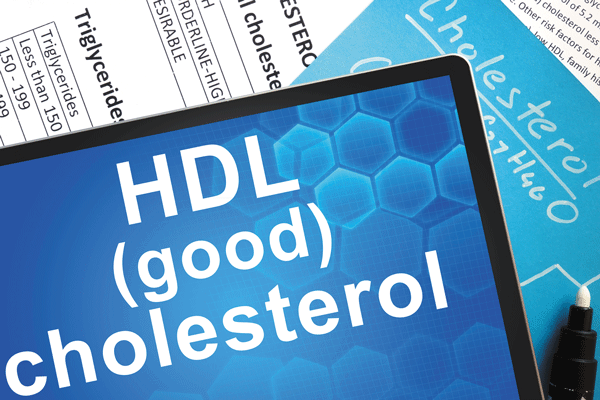
HDL cholesterol: How much is enough? - Harvard Health
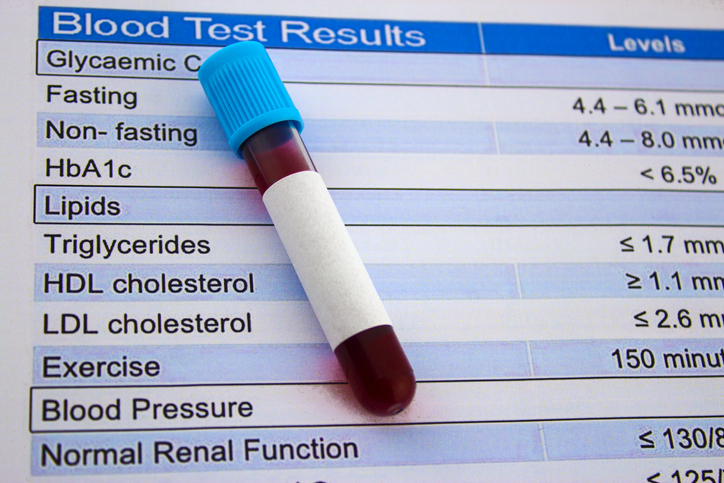
Making sense of cholesterol tests - Harvard Health

High HDL May Not Protect All Women Against Heart Disease

Application of non-HDL cholesterol for population-based cardiovascular risk stratification: results from the Multinational Cardiovascular Risk Consortium - The Lancet

HDL Cholesterol and Protective Factors in Atherosclerosis | Circulation

HDL Cholesterol, Very Low Levels of LDL Cholesterol, and Cardiovascular Events | NEJM

High HDL levels: Recommendations, balance, and tips

High HDL Cholesterol: Can It Be a Problem?

High HDL Cholesterol: Can It Be a Problem?
The "Good Cholesterol" | Circulation
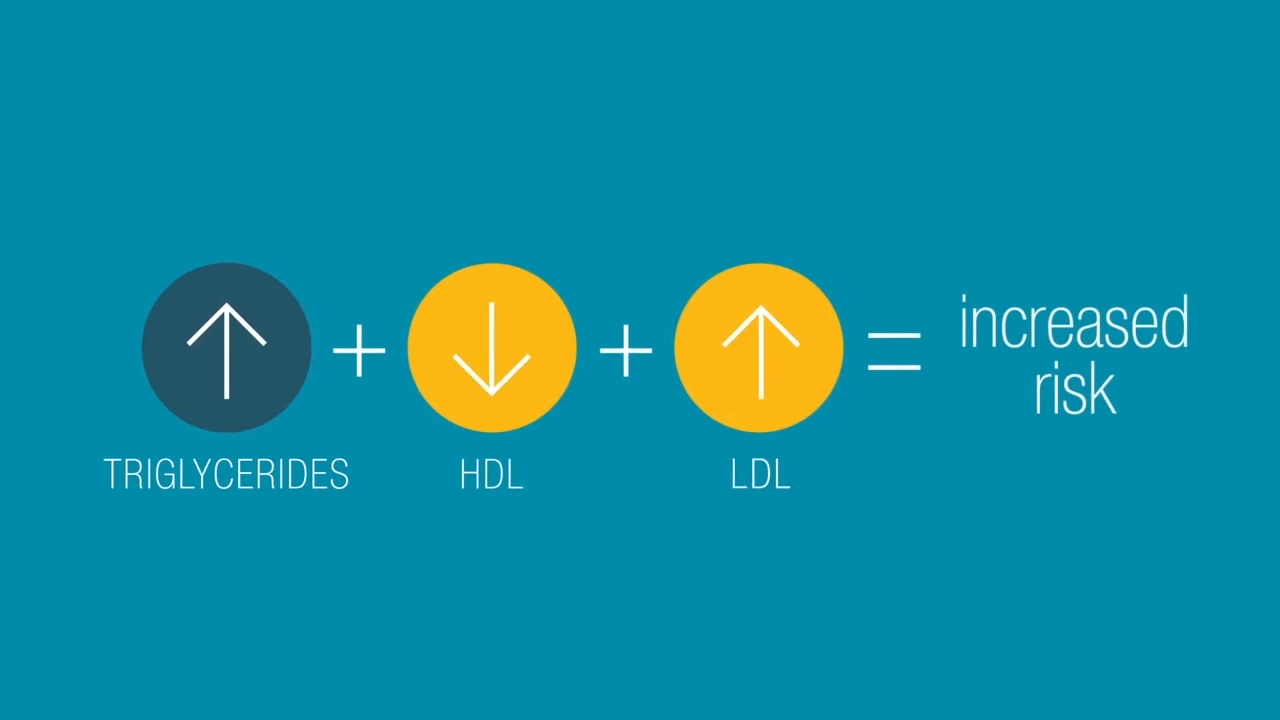
HDL (Good), LDL (Bad) Cholesterol and Triglycerides | American Heart Association

What Are the Recommended Cholesterol Levels by Age?

Why Cholesterol Matters for Women | Johns Hopkins Medicine

High HDL levels: Recommendations, balance, and tips
Altered composition and functional profile of high-density lipoprotein in leprosy patients
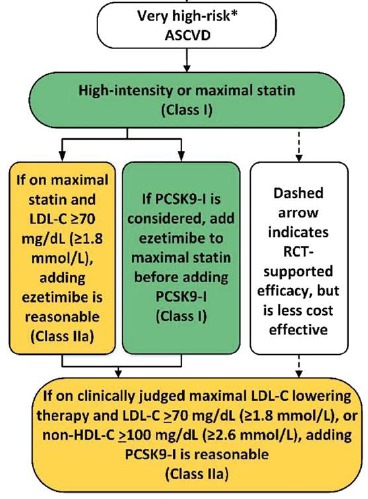
Guidelines for the Management of High Blood Cholesterol - Endotext - NCBI Bookshelf

HDL vs. LDL cholesterol: Differences, ranges, and ratios
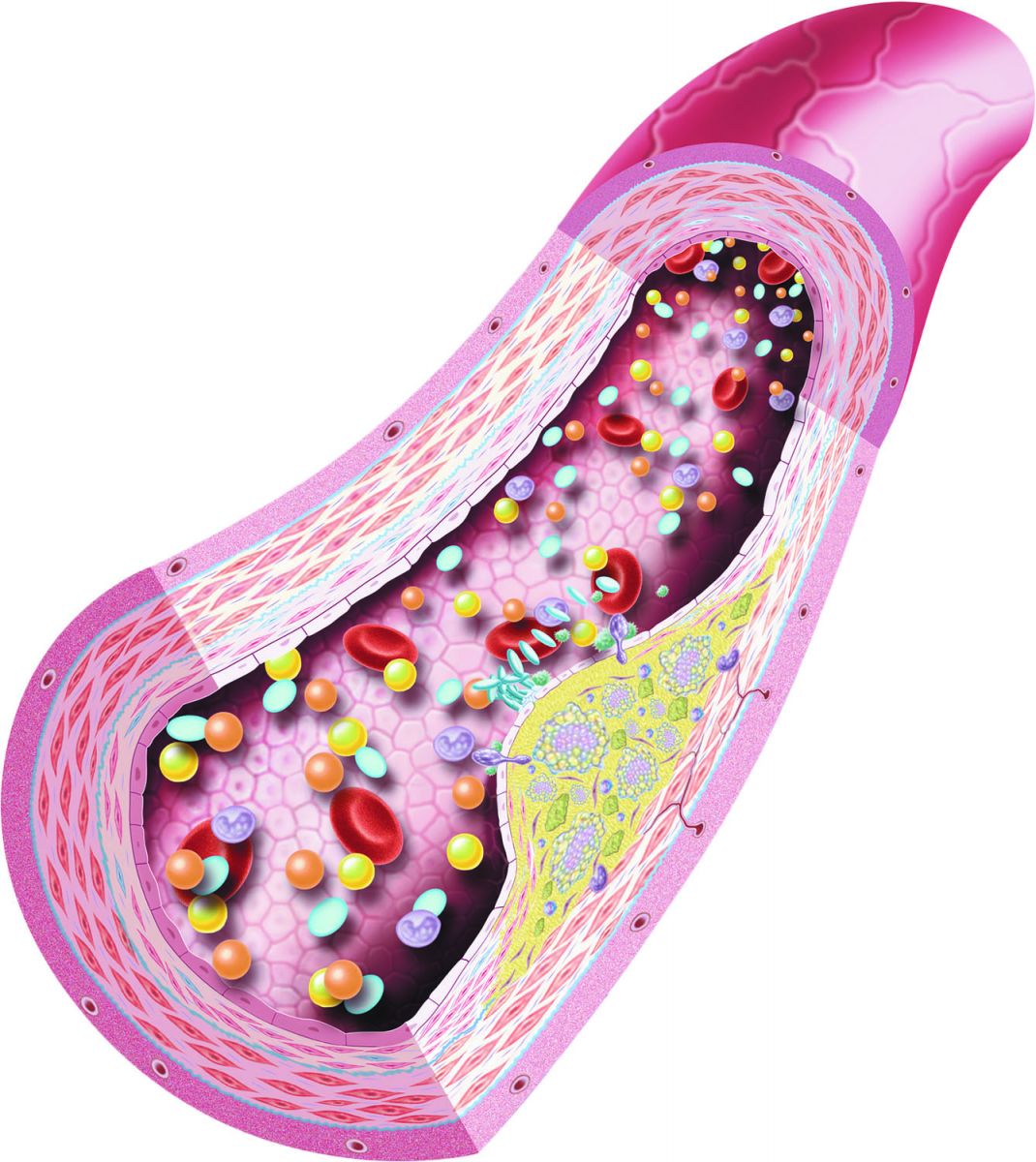
Rethinking good cholesterol - Harvard Health

High-Density Lipoprotein Cholesterol and Mortality | Arteriosclerosis, Thrombosis, and Vascular Biology
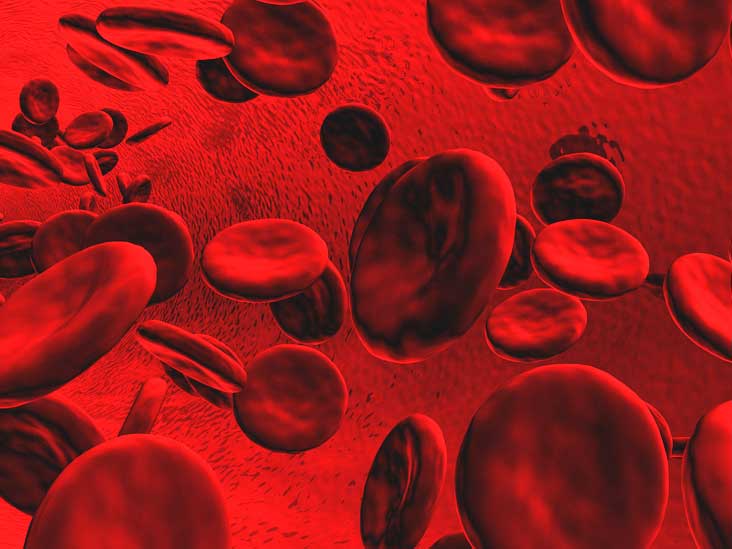
High Cholesterol: Causes, Symptoms, Foods, Treatment & More

Can My HDL Be Too High? - Testing for High Cholesterol

Association between high-density lipoprotein cholesterol and all-cause mortality in the general population of northern China | Scientific Reports
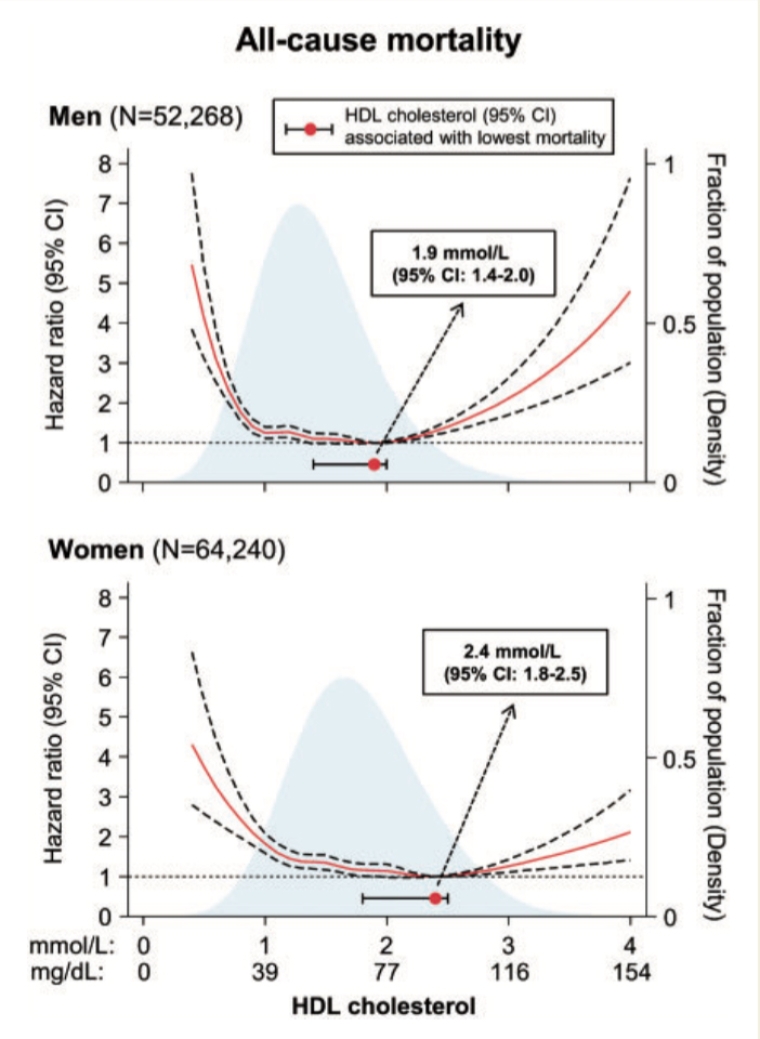
High-density lipoprotein cholesterol and risk of cardiovascular disease

HDL in CKD—The Devil Is in the Detail | American Society of Nephrology

Polygenic determinants in extremes of high-density lipoprotein cholesterol - Journal of Lipid Research
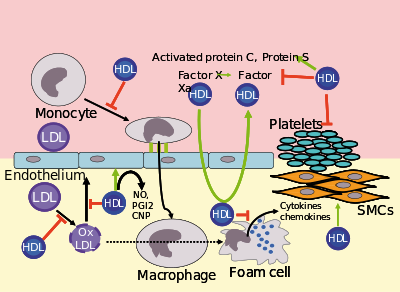
High-density lipoprotein - Wikipedia
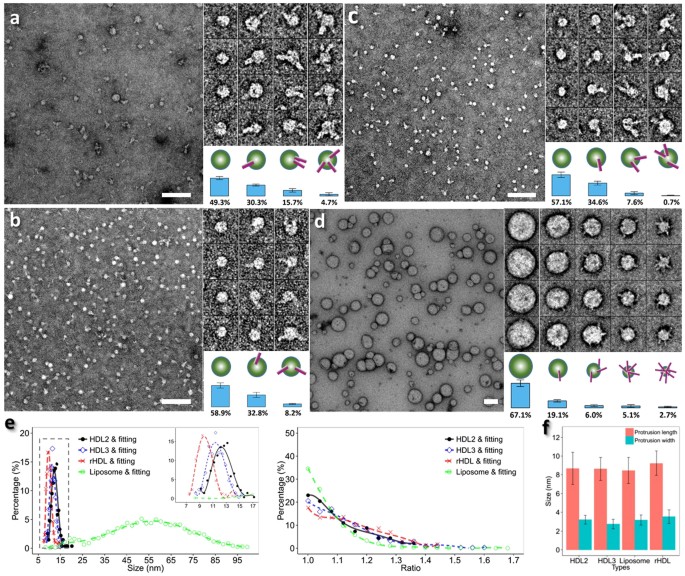
HDL surface lipids mediate CETP binding as revealed by electron microscopy and molecular dynamics simulation | Scientific Reports

Non-HDL Cholesterol: What It Means and What You Need to Know
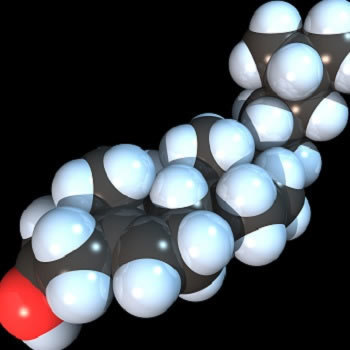
Gene Mutation with Elevated HDL Cholesterol Increases Risk of CHD - HealthManagement.org

Cholesterol Ratio Calculator | Choresterol Levels

Black pepper dietary supplementation increases high-density lipoprotein (HDL) levels in pigs - ScienceDirect
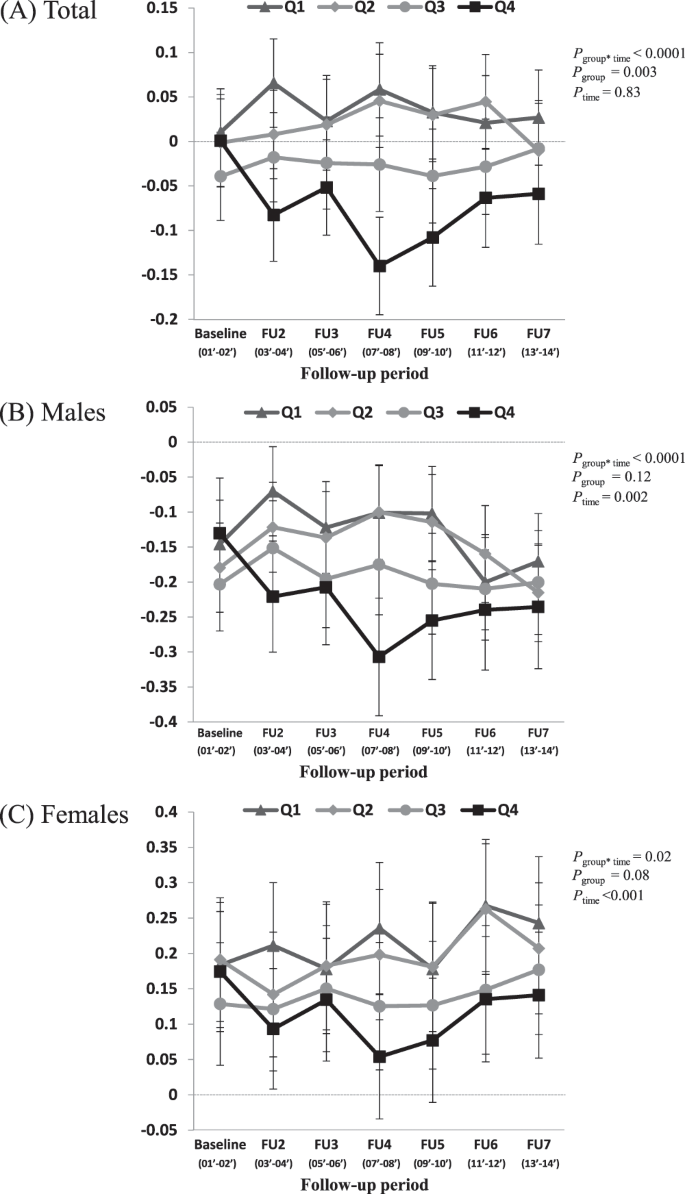
The Effect of High Carbohydrate-to-fat Intake Ratios on Hypo-HDL-cholesterolemia Risk and HDL-cholesterol Levels over a 12-year Follow-up | Scientific Reports
Posting Komentar untuk "an elevated hdl is considered a"